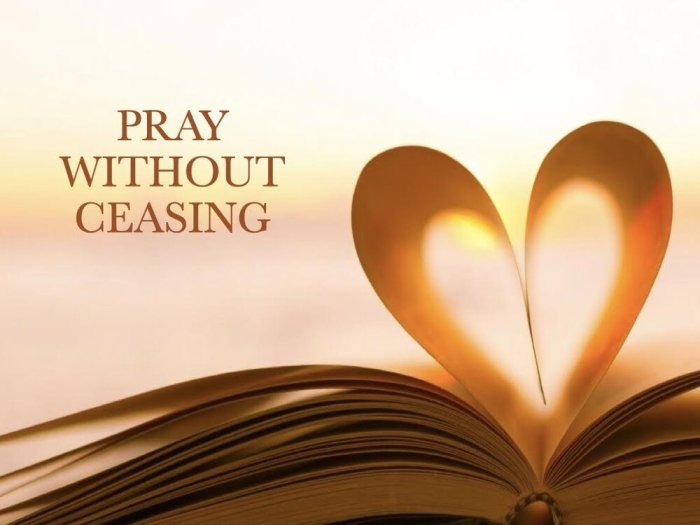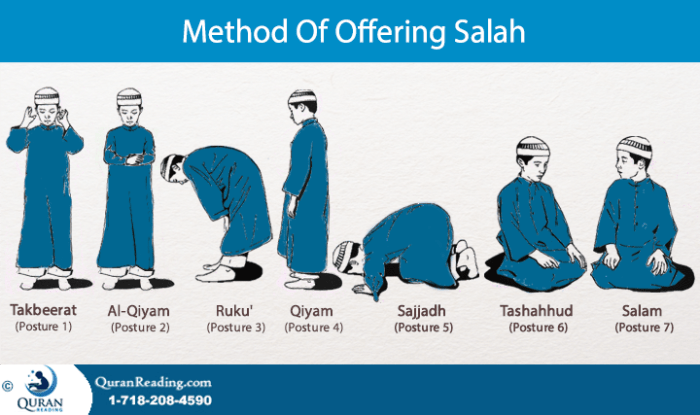Can you pray too much? The answer to this question is not as straightforward as it may seem. Different religions and spiritual traditions have varying perspectives on the frequency and duration of prayer. Some believe that the more you pray, the closer you will be to God.
Others believe that it is possible to pray too much, and that doing so can actually be harmful to your spiritual life.
In this article, we will explore the different perspectives on prayer and discuss the potential psychological and emotional effects of excessive prayer. We will also provide some tips for finding a healthy balance between prayer and other aspects of your life.
Definition and Scope

Praying involves communicating with a higher power, typically a deity or divine entity. While prayer can bring comfort, guidance, and a sense of connection, some question whether it’s possible to pray too much.
There are varying perspectives on the frequency and duration of prayer. Some believe that frequent and prolonged prayer is a sign of deep devotion, while others argue that it can become excessive and interfere with other aspects of life.
Religious and Spiritual Perspectives

Different religions and spiritual traditions have diverse teachings on prayer. In Christianity, for instance, Jesus encouraged his followers to pray “always” (Luke 18:1), while in Islam, Muslims are obligated to perform five daily prayers.
These teachings shape beliefs about the appropriate amount of prayer. However, within each tradition, there may be variations in interpretation and practice, leading to different perspectives on what constitutes “too much” prayer.
Psychological and Emotional Impact
Excessive prayer can have psychological and emotional consequences. It may lead to feelings of guilt, shame, or inadequacy if one feels they are not praying enough.
Additionally, prolonged prayer can consume time and energy, potentially neglecting other important aspects of life, such as relationships, work, or self-care.
Social and Cultural Influences
Social and cultural norms also shape attitudes towards prayer. In some cultures, frequent prayer is highly valued and encouraged, while in others, it may be seen as excessive or even eccentric.
These norms can influence perceptions of what constitutes “too much” prayer and can impact individuals’ decisions about how much time to devote to prayer.
Balancing Prayer and Other Aspects of Life: Can You Pray Too Much

Finding a healthy balance between prayer and other aspects of life is crucial. Prayer should not become an obsession that consumes one’s time and well-being.
Instead, prayer should be integrated into daily life in a way that complements other responsibilities and activities. This balance allows for both spiritual nourishment and a fulfilling life outside of prayer.
Personal Experiences and Testimonies

Individuals who have grappled with the question of praying too much can provide valuable insights. Their experiences can help us understand the challenges and rewards of maintaining a healthy relationship with prayer.
These testimonies can serve as a reminder that excessive prayer can be detrimental and that a balanced approach to spirituality is essential for personal well-being.
Key Questions Answered
What are the benefits of prayer?
Prayer can have many benefits, including reducing stress, improving sleep, and increasing feelings of peace and well-being.
What are the signs of excessive prayer?
Signs of excessive prayer can include feeling guilty or anxious if you don’t pray for a certain amount of time each day, neglecting other aspects of your life in order to pray, and feeling like you are not close to God unless you are constantly praying.
How can I find a healthy balance between prayer and other aspects of my life?
To find a healthy balance between prayer and other aspects of your life, it is important to set aside specific times each day for prayer, but also to be flexible and allow yourself to pray when you feel the need.
It is also important to make sure that you are not neglecting other important aspects of your life, such as your relationships, work, and hobbies.
